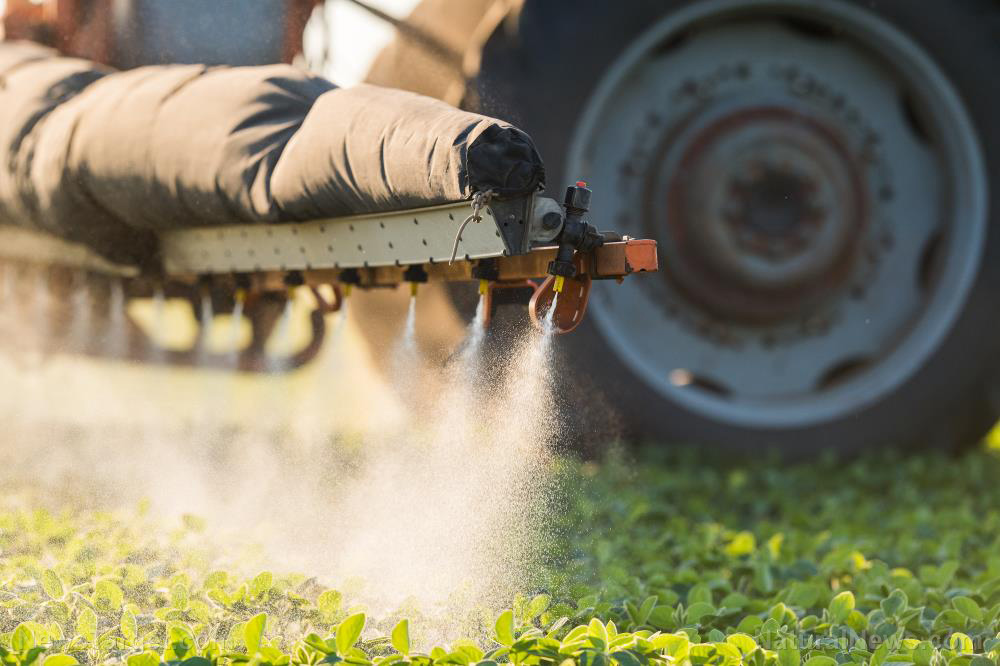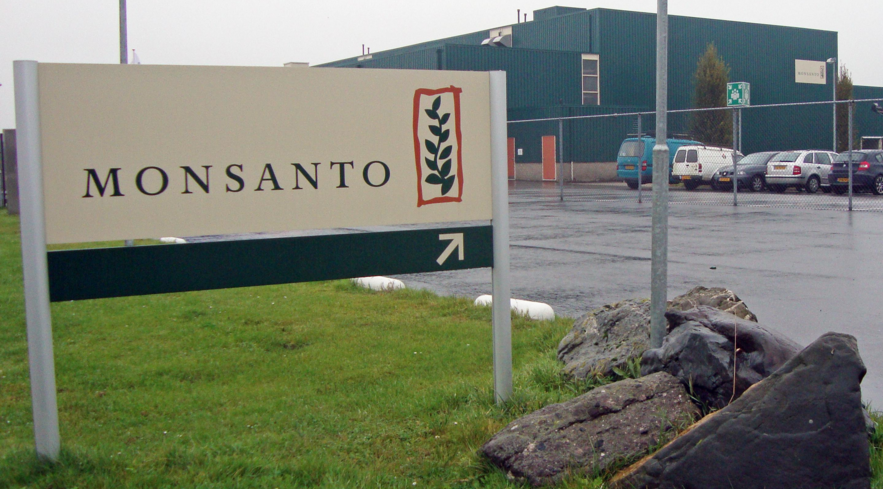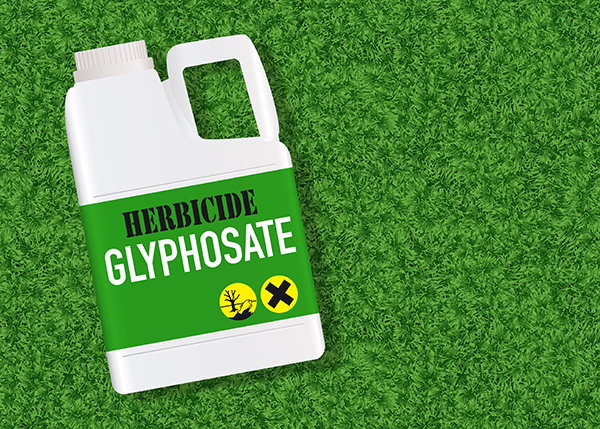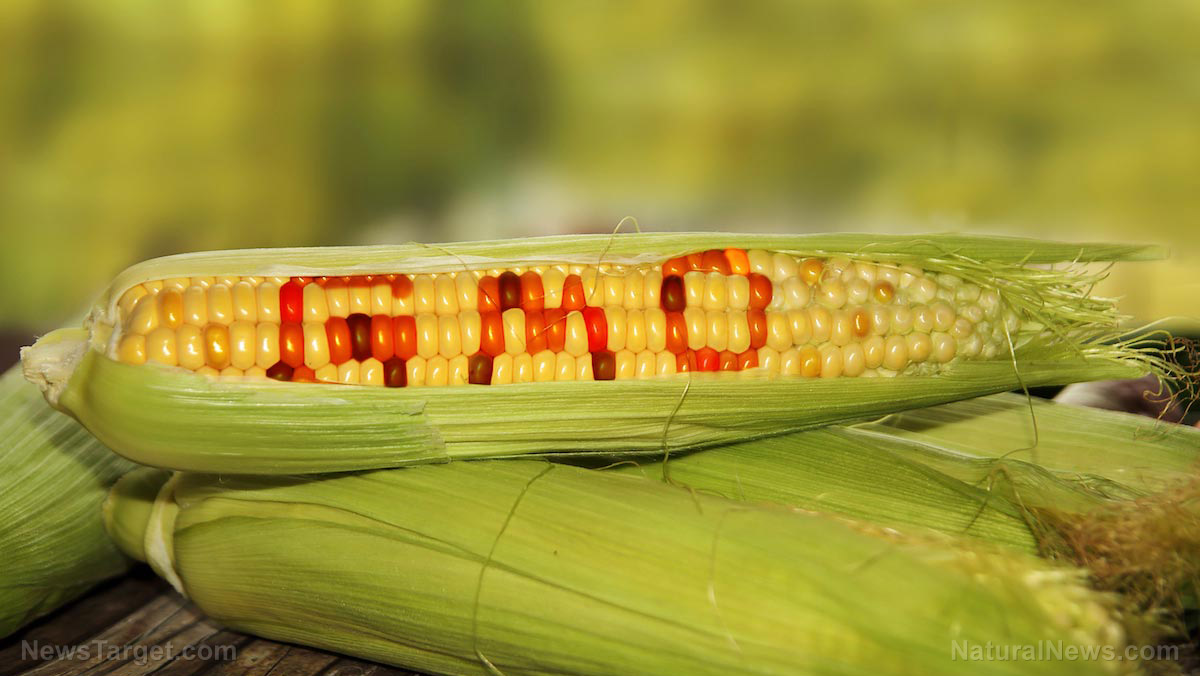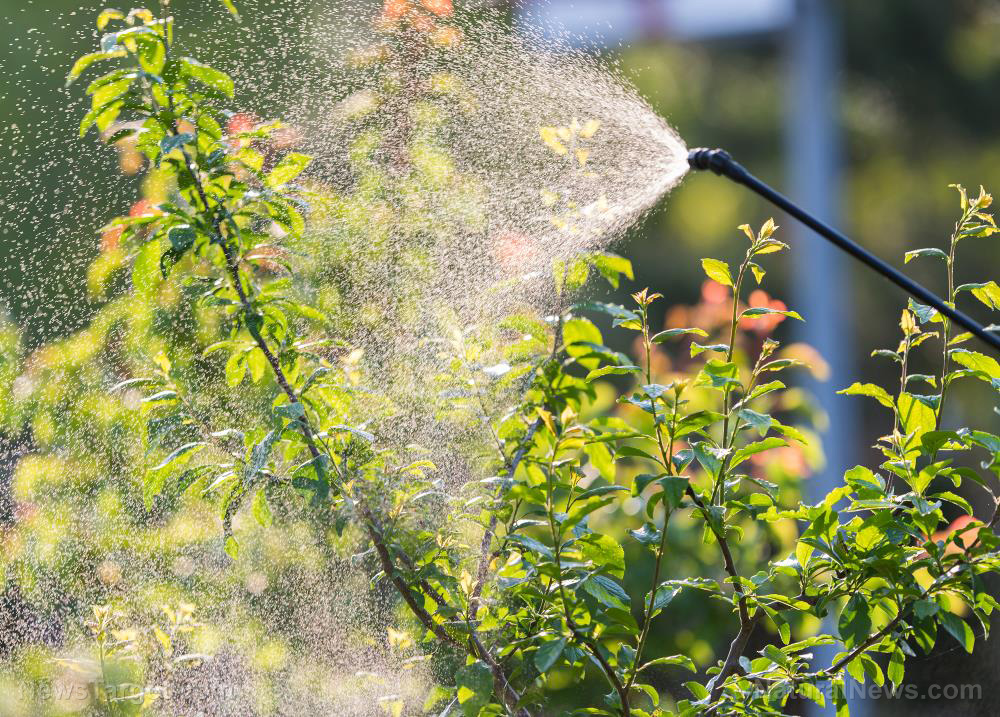Nearly 60% of sperm samples found to contain worrying levels of glyphosate
06/06/2024 / By Ethan Huff
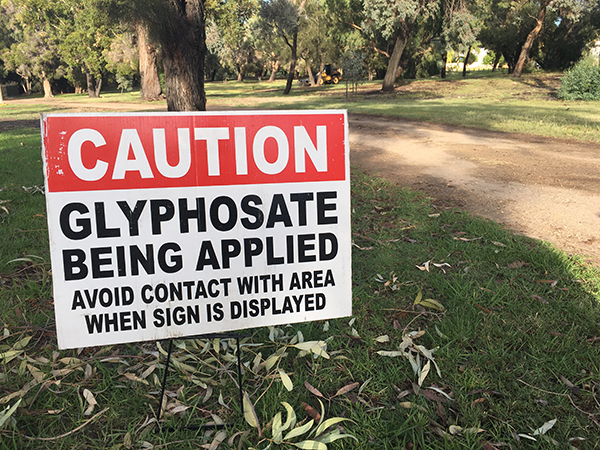
The global food supply is now so contaminated with toxic glyphosate (Roundup) herbicide that nearly 60 percent of men have contaminated sperm.
Researchers from France published a study in the journal Ecotoxicology and Environmental Safety revealing that three out of five sperm samples collected from a French infertility clinic showed high levels of glyphosate, the world’s most commonly used weedkiller.
“The new research also found evidence of impacts on DNA and a correlation between glyphosate levels and oxidative stress on seminal plasma, suggesting significant impacts on fertility and reproductive health,” reported The Guardian (United Kingdom) about the paper.
“Environmental exposure to endocrine disruptors, such as pesticides, could contribute to a decline of human fertility.”
?? 55% of Sperm Samples Contained High Levels of Glyphosate Weedkiller
“A landscaper also showed among the highest levels … smokers typically had elevated levels … Eating organic produce did not have a clear impact…” @SustainablePuls https://t.co/CA1yvcjR8s
— Children’s Health Defense (@ChildrensHD) May 29, 2024
(Related: Back in 2012, research published in the Journal of Toxicology in Vitro revealed that glyphosate destroys testosterone and male fertility.)
Avoid glyphosate at all costs
The research was undertaken to look for answers as to why global fertility rates are in freefall. Chemicals in general are a known cause, but glyphosate, we now know, is one of the primary drivers.
Glyphosate is used both commercially in factory farming and residentially in people’s yards. It kills weeds, but the stuff is also killing the human race.
Research from 2023 that was conducted by the United States government found that glyphosate is genotoxic. It is especially problematic for farmers who use it on their crops.
The extreme toxicity of glyphosate is at the heart of numerous ongoing legal battles that seek to hold Bayer, glyphosate’s newest owner – glyphosate was originally developed by Monsanto – accountable.
This past December, a team of top U.S. public health advocacy groups petitioned the Environmental Protection Agency (EPA) to ban glyphosate. Its defenders say the chemical product is just fine, though.
About a dozen countries have banned glyphosate of their own accord, but of course the U.S. is not one of them.
Compared to glyphosate contamination of the blood, the French researchers found that concentrations of glyphosate in men’s sperm is four times higher, which they described as “worrying.”
“We found GLY (glyphosate) concentrations four times higher in sperm than in blood, corresponding probably to an hemato-testicular barrier alteration,” the researchers further wrote in their paper.
“We detected a strong positive correlation between OSin lipids and DNA and GLY’s amount in blood and sperm. Meanwhile, we can’t exclude the toxicity of the co- formulants of GBHs or other pesticides associated as well.”
Sperm contains glyphosate.
When you eat pesticides they move to your sperm at up to 4x the concentration in your blood.
Organic is non negotiable. pic.twitter.com/EIowxvB26Y
— Carnivore Aurelius ©? ??? (@AlpacaAurelius) May 18, 2024
In addition to glyphosate, hundreds of millions of people around the world are also contaminated with microplastics. Other newly released research found that in all human testes analyzed, microplastics were present, suggesting that everyone has these poisons hiding at varying concentrations within their bodies.
“Organic is always best,” wrote someone on X about one practical way to minimize exposure to glyphosate in food. “When in doubt, always go organic.”
“This is probably the reason why we have such big infertility problems,” wrote another. “The food we eat is covered in pesticides, making our sperm toxic and inhabitable [sic]. If you want to make babies, make sure you are getting the highest quality food.”
“I wonder if it can cause abnormalities during the conception,” said another. “I can imagine that even slightest problems then would be cumulative.”
If you can, avoid glyphosate-contaminated food at all costs. Learn more at Glyphosate.news.
Sources for this article include:
Submit a correction >>
Tagged Under:
agriculture, Bayer, chemical violence, dangerous, depopulation, environment, food supply, glyphosate, herbicide, Infertility, men's health, Monsanto, poison, real investigations, reproduction, reproductive health, research, Roundup, sperm, toxic chemicals, toxins, weedkiller
This article may contain statements that reflect the opinion of the author
RECENT NEWS & ARTICLES
COPYRIGHT © 2017 MONSANTO NEWS



